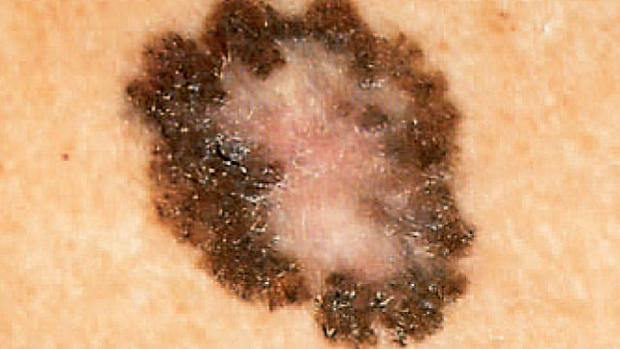Panel proposes changing definition of cancer
(CBS News) NEW YORK -- Few things are as frightening for a patient to hear from a doctor as the word "cancer," but on Monday, a panel of experts advising the National Cancer Institute proposed changing the definition of cancer, eliminating it entirely for some illnesses.
There's no question that screening for cancer has saved a lot of lives. The problem is that it's also picked up a lot of abnormalities that may never have caused any problem.
The authors gave two examples. One is a breast biopsy lesion called DCIS, or ductal carcinoma in situ -- stage 0 breast cancer. By itself, it doesn't harm a woman, but in some cases it goes on to invasive breast cancer. They want to get rid of the word "carcinoma."
Cancer treatments carry unique health risks for children
CDC: Fewer girls getting all 3 doses of HPV vaccine
Study finds why black women less likely to survive breast cancer
Then there is an abnormal prostate biopsy called high grade PIN, which is a kind of a neoplasia, or an abnormal tissue growth. Sometimes it goes on to prostate cancer; sometimes it doesn't. But in the vast majority of men, even if you go on to get prostate cancer, it doesn't kill, so they want to get rid of the word neoplasia.
The words "cancer," "neoplasia" and "carcinoma" are very charged words, and people hear that they have it and they want to get it out of them. But sometimes the treatment can have bad side effects; for example, in prostate cancer, surgery and radiation can cause problems including erectile dysfunction.
We need better molecular techniques to figure out which of those abnormalities that we find on screenings are going to kill us and which ones will never do anything. Until then, one of the points of this is people need to get used to the possibility that doctors, if you do have an abnormality, may treat it aggressively, somewhere in the middle or they may say, "Let's just do nothing and watch and wait and see what happens."

